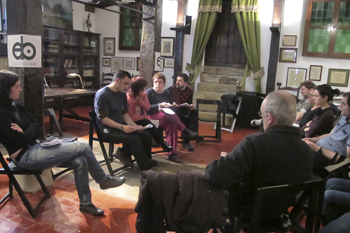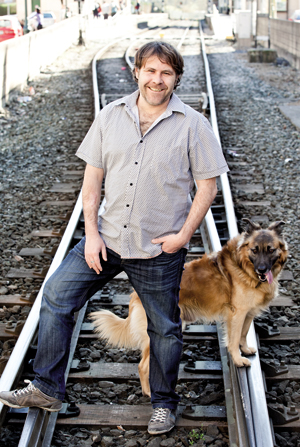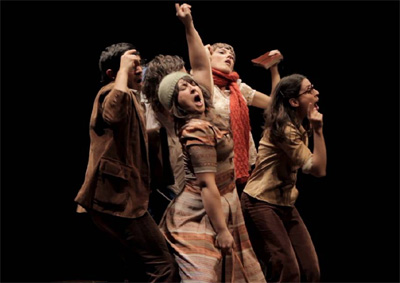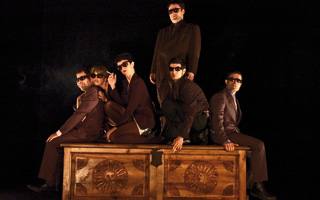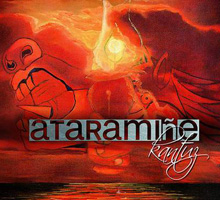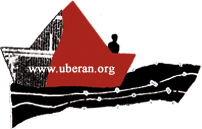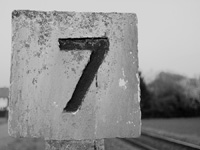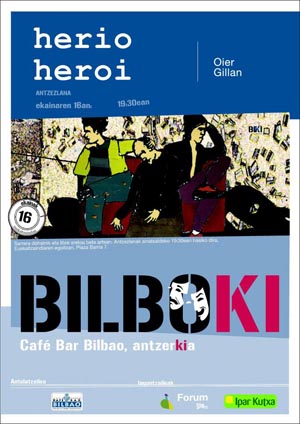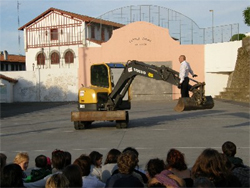The emotional journey of time
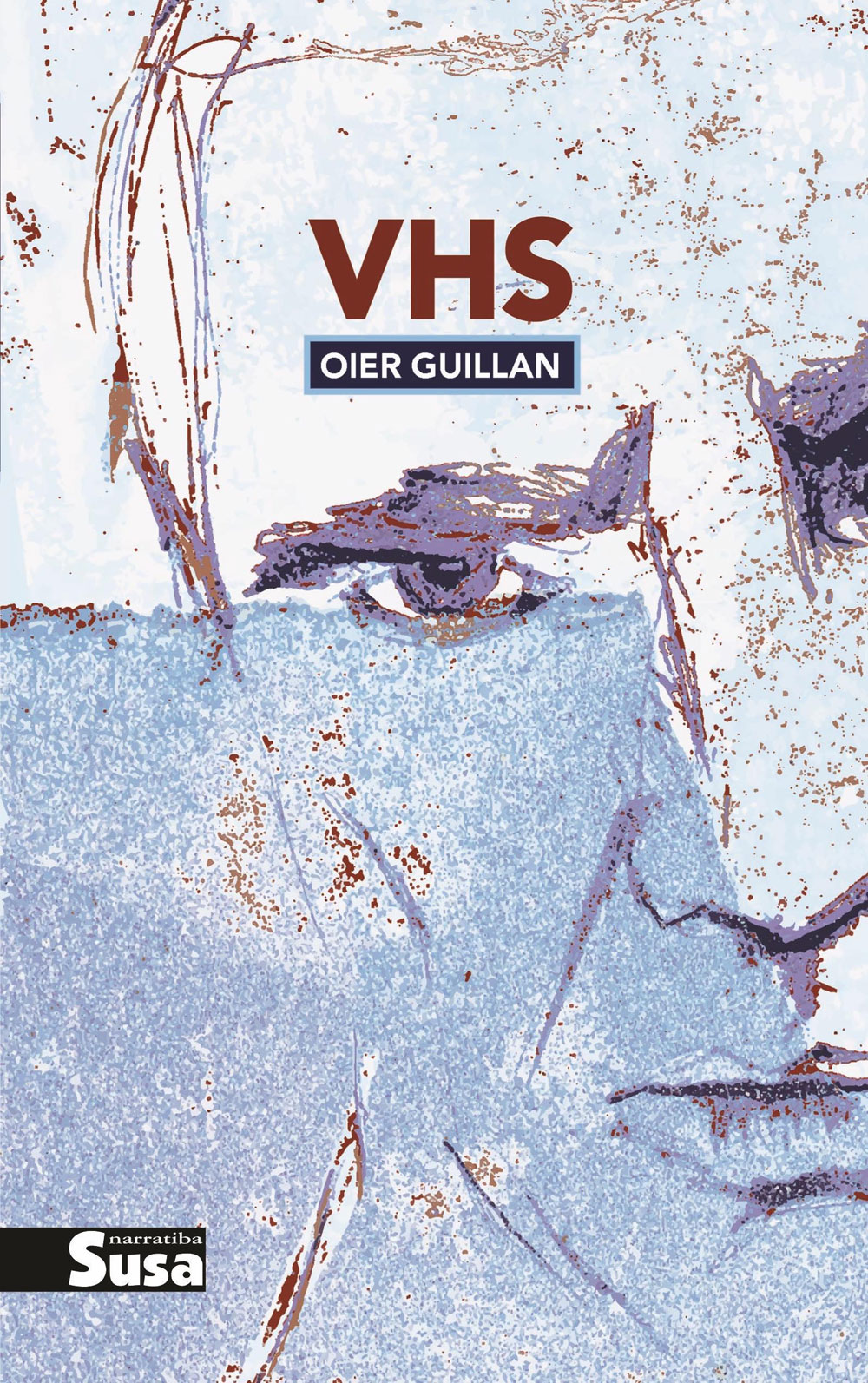
When talking about juvenile memories from an age, the stories start or end up saying “20 years ago” (or more). In this case, the protagonist of the novel aims to concretize the events of 23 years ago. In fact, at that time, his current personality was built on a journey that marked a before and a after in the timeline of his life.
To those born in the 1970s, therefore, the atmosphere we will find in this book is well known: cassettes recorded with popular music for friends or relationships by letter. The title also refers to the technology of the moment, since, as the narrator says, the VHS can be “a metaphor of the past”.
At first it seems that we are dealing with a black novel (blonde goes to the emotional detective with the intention of clarifying a murder and undertaking an investigation by collecting some testimonies). But the author drinks from poetry and theater to create this long narrative, and the essay also appears.
We found it interesting to find different versions of a person and a fact (but has it occupied too much space in the book? ). The protagonist says that “memory is a collective exercise”. Lately there is a lot of talk about historical memory. In most cases, behind that is the Civil War and the Basque Conflict, and it is thankful that there are attempts to make historic memory with minuscule, using reality to make fiction and tell reality.
The novel begins with the phrase “My body is a time machine” and repeats itself from time to time. In that phrase the essence of this novel is taken up: it is built around the self; sensory, sexual and emotional aspects are very present; they make an inventory of what we forget and remember; instead of talking about new technologies, old technologies appear; friends are the mirror of oneself.
This book is suitable for the time of the pandemic and snow, as (included) it travels to memories in these days when mobility is limited and proposes an emotional research to observe the decisive moments of life. It makes us reflect and relocate without neglecting humor.
Baionako Euskal Museoan 19:30etan hasiko dira bihar Maiatz literatur aldizkariaren 29. Solasaldiak. Miren Agur Meabek zabalduko du jardunaldia. Itxaro Bordak elkarrizketa egingo dio jendaurrean.
Peto-peto ari da azken aldi honetan Oier Guillan (Orereta, 1975) idazle, aktore eta zenbaitetan ARGIArako kazetari lanetan ere katramilatzen dugun poeta.
Edo! argitaletxe “euskal elebakar, autofinantziatu eta alderdi eta erakundeetatik independenteak” udazkenean plazaratuko ditu aurreneko liburuak, proiektu berriaren sustatzaileek aurkezpenean adierazi zutenez.
Elkarrizketa: Oier Guillan / Argazkia: Dani Blanco
Iñigo Ibarraren laguntzaz jarri dugu hitzordua Ander Lipusekin, ez baita erraza teatroari estuki loturik bizi den izaki berezi honen arrastoa jarraitzea. Elkarrizketa hau plazaratu den unean Aulestiko ADELen... [+]
Dejabu antzerki konpainiaren Gure bide galduak obrak jasoko du Donostia antzerki saria, martxoaren 27an Victoria Eugenia antzokian egingo den ekitaldian. Iaz Donostian programatu ziren helduentzako euskarazko bederatzi antzezlanen artetik hura aukeratu du epaimahaiak.
Uberan.org webgune berria euskal literaturzaleen atari izateko asmoarekin sortu dute Oier Guillan eta Uxue Alberdik. “Literatura non dago? (...) Abestien letretan, antzerkigintzan, bertsolaritzan eta abar ere bada literaturarik”, uste du Alberdik. Irudigileak,... [+]
Hamahiru konpainia, 26 antzezpen eta 53 artista izango dira aurtengo Antzerkiaren Maiatzan, Hendaian. Egitarau “eklektikoa” prestatu dute Herriko Etxeak eta Chimères antzerki taldeak, eta besteak beste, dantza, zirkua, mimoa eta antzerkia izango... [+]













